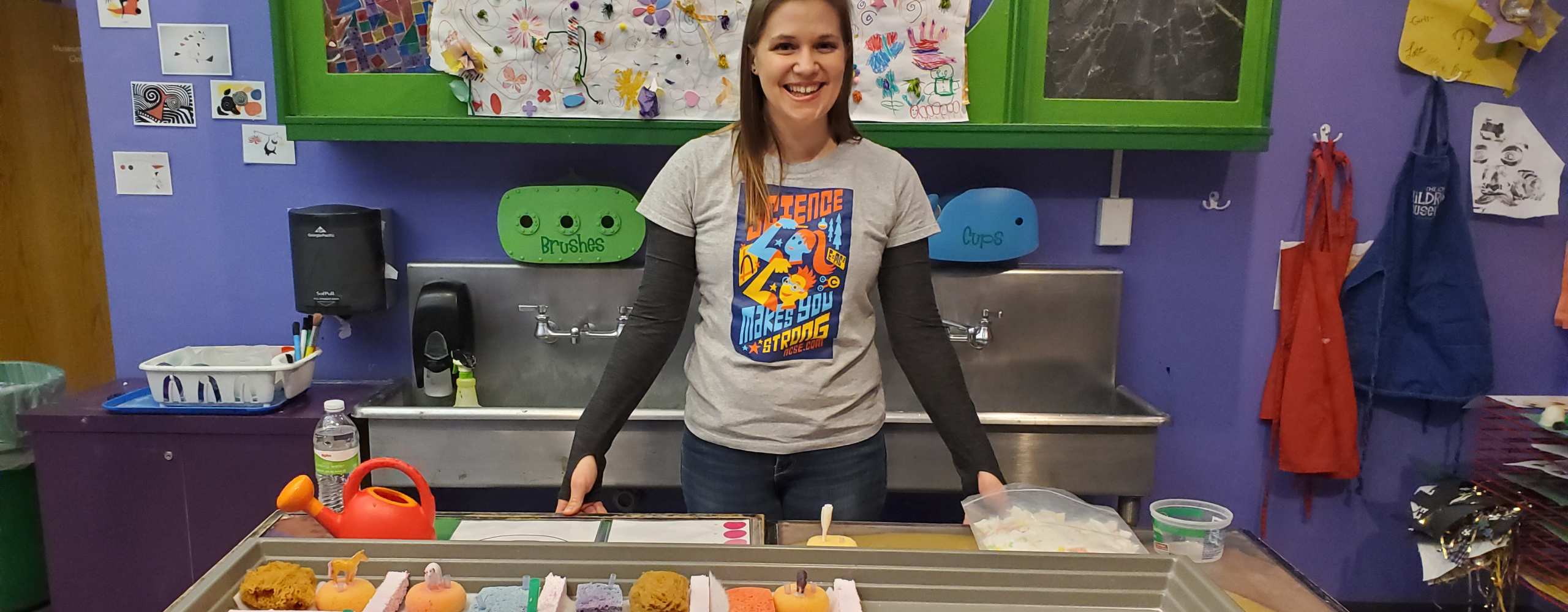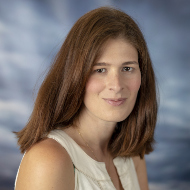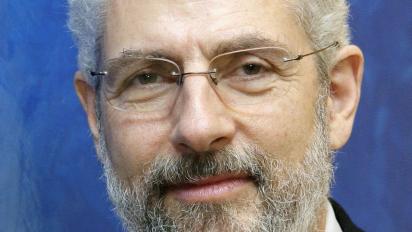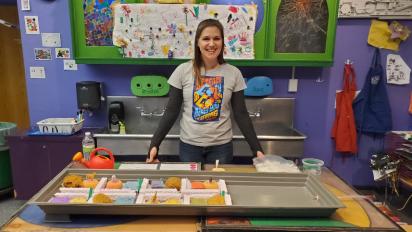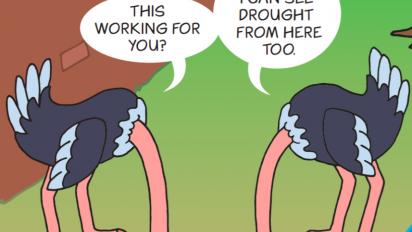Don’t use big words. Talk loudly. Don’t make people feel stupid.
Those are the three most common answers we get when we ask graduate students at the beginning of the NCSE Graduate Student Outreach Fellowship: What are the most important skills for communicating science effectively?
They aren’t bad answers. I imagine that most people have sat through lectures where the speaker ought to have paid these best practices more heed.
But there’s more to science outreach than just giving a good TED talk. Reasons for disengagement with science are varied and nuanced, and counterbalancing them requires more than illustrative hand gestures and metaphorical language. It takes the adoption of a new mindset. The third cohort of NCSE’s Graduate Student Outreach Fellows, who began in January 2020, have more than 19 years of science outreach experience among them. Through their fellowship year, NCSE will help grow their already-strong outreach skills and challenge them to become leaders in science communication, focusing on taking a community-centered approach, reaching a diverse group of participants, and collecting evidence to support their approach.
A New Mindset
In order to broaden their reach, scientists have to con-struct messages that resonate. They need to change their mindset from “How do I get my science in the community?” to “What does the community want to know about my science?” This altered approach creates greater resonance with audiences. It also requires forging partnerships outside academia and creating participatory experiences that empower community members.
This mindset is reflected in NCSE’s entire approach to effective outreach. We mentor the fellows to use a no-conflict approach—an effort to find commonalities and create opportunities for productive communication as opposed to engaging in debate—and help them design inquiry-based science activities that create community-specific experiences for participants. We also nurture the fellows to become thought leaders through several first-semester assignments. One of the initial assignments asks each fellow to observe how participants interact with science in their community to understand who is and who isn’t engaging with science, how they engage with science, and what fears and hopes they have with regard to emerging science. The fellows then build on these observations by completing a SWOT (Strengths, Weaknesses, Opportunities, and Threats) analysis to map the informal science landscape in their community. Then, as the fellows start developing their own activities, we borrow from principles of user-experience design to ground our science communication with a participant-first approach. Our goal is that by the end of the year, fellows will not only recognize the importance of audience in general but also have specific experience in using multiple strategies to reach diverse audiences.
Expanding Access
Access to science is unequal in our society, and the fellows are encouraged to use evidence-based approaches to mitigate the structural barriers that create that inequity. Though every community is different, designing activities in which everyone can find success, actively listening to the experiences of diverse groups, and being present in spaces where science isn’t typically found can be effective strategies for broadening participation. The fellows are also trained in specific best practices for engaging diverse communities, such as non-English-speaking populations and visually impaired participants. Our hope is that the fellows will spend a good portion of their fellowship year working with populations that would otherwise have little access to quality science outreach.
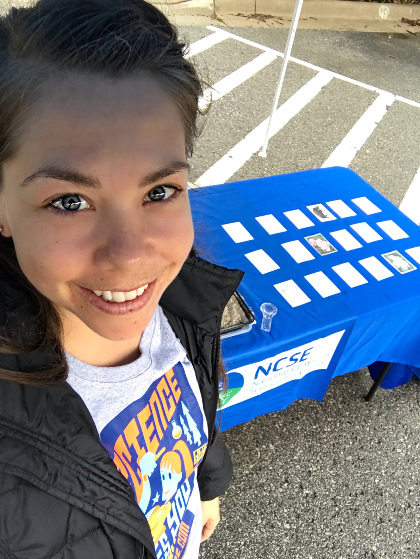 We also focus on diversity when developing activities. Many of our activities involve climate change solutions, a topic that requires a particularly nuanced approach since discussing science and solutions without including real social dynamics can lead to shifting the greatest responsibility onto the shoulders of those least able to bear it. Therefore, we design activities that empower everyone to find solutions while acknowledging real-world complications. In our Cool Cities activity, for example, participants must manage a city budget and account for gentrification and housing issues. In our long-form Climate Change Summit, we challenge communities to listen to one another as they work to find a solution to climate-change-induced problems. By combining social issues with science outreach, we can model a solution where everyone’s perspective is valued and the science is not divorced from social dynamics.
We also focus on diversity when developing activities. Many of our activities involve climate change solutions, a topic that requires a particularly nuanced approach since discussing science and solutions without including real social dynamics can lead to shifting the greatest responsibility onto the shoulders of those least able to bear it. Therefore, we design activities that empower everyone to find solutions while acknowledging real-world complications. In our Cool Cities activity, for example, participants must manage a city budget and account for gentrification and housing issues. In our long-form Climate Change Summit, we challenge communities to listen to one another as they work to find a solution to climate-change-induced problems. By combining social issues with science outreach, we can model a solution where everyone’s perspective is valued and the science is not divorced from social dynamics.
The Role of Evidence
The theme of evidence permeates every aspect of the fellowship. The activities are not only intended to allow as many people as possible to engage directly with with evidence, they are also developed, conducted, and revised in light of the evidence of their effectiveness.
Supporting the professional development of academics to engage diverse audiences and to be a transformative factor in science outreach across their universities and throughout their careers is the primary goal of NCSE’s Graduate Student Science Outreach Fellowship. To do this, we provide each fellow with the tools to secure funding for their outreach, opportunities to engage in dialogue with one another about pedagogy, and require them to participate in informal science research. During the second semester of the fellowship, each fellow conducts an independent research project designed to connect their understanding of science content with cur-rent research on effective science communication that will be presented in academic conferences, primarily in the fellow’s field of study. Current projects include evaluating how different explanations for phylogeny affect participant understanding and analyzing how designing activities with a local connection can increase participant engagement with climate science. Fellows also interact with a diverse group of stakeholders, working with NCSE staff and our partners to help conduct larger research projects on such topics as creating effective academic partnerships with rural museums.
By participating in the Graduate Student Outreach Fellowship, fellows are encouraged to use evidence-based approaches to explain their science, engage diverse populations, and become thought leaders in science communication. We hope that the Graduate Student Outreach Fellows will become a bridge between local academic communities and informal science communities, creating a powerful impact that expands beyond their own careers.

